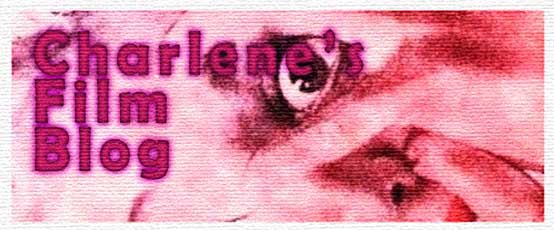
"Get your fokkin' tentacle out of my face!"
Directed by: Neill Blomkamp
Starring: Sharlto Copley, Vanessa Haywood
Rating: 9/10
It’s mid-August, summer blockbuster fever is at its peak in the U.S. and along comes this scantily marketed, starless alien movie from and unknown director set in Johannesburg and bullets straight to the top of the box office! Sounds like science fiction to me. District 9 boasts only one star name and that is Peter Jackson, who produced the film.
The success of District 9 is certainly deserved but mystifying nonetheless. The story begins with the legally dubious evictions of aliens (yes, extraterrestrials) from a camp they have lived with since their arrival on our planet. They are being moved from mixed race slums (slums they share with humans) to an alien-only camp. As has been seen in human-kind for so many years, when underprivileged people are stuck into a slum, it soon becomes a ghetto and often, the minority is treated as a villain. This is the case here as the so-called “prawns” are villainised by their neighbours. The first act is a harrowing exploration of the very un-humanitarian treatment of the prawns during the eviction. However, as the second act kicks off, our hero (if this film could boast one) Wickus gets squirted by some alien black oil and begins to turn into a prawn. Most of the second act is a chase as Wickus, in all his dim-witted confusion tries to escape the giant corporation who want him to activate the alien weapons now that he shares their DNA.
There is no one thing that District 9 does right. I does everything right. It is a harrowing drama, it is an inter-species buddy movie, it is a wonderfully gory sci-fi flick and it is a killer action movie. In fact it is hard to imagine anyone who wouldn’t enjoy it. I can imagine some people might have trouble with the upsetting parallels between the “prawns” and some of our very own species’ more impoverished people and the treatment of them by society; especially in the gruesome opening act, where these refugees are murdered with such relish by the MNU (Multi-National United).
Kudos must be given to the film’s star Sharlto Copley, a South African actor in his debut role. His character of Wickus is so multi-layered and morally ambiguous that it would take a genius to pull off the role. Copley gives it socks and although we see the big bad G-man at the start trying to prove himself, his character develops to reveal an unsure, big-hearted young man who tries to break the chains of his own prejudice throughout the film. His performance is hilarious and, this might not be the P.C. thing to say but the South African accent is probably the most amusing accent in the world.
This is the perfect anti-dote to big Hollywood heartless blockbuster (G.I. Joe, I’m looking at you!). Although it feels like Hollywood and its special effects and CGI have set a new standard for the big studios, this is very deliberately an anti-Hollywood movie. It has political subtext aplenty and it ensures that audiences can see that blockbusters can have the perfect balance of brains and brawn. Never descending into preachiness, District 9 gives us politics but never at the expense of brilliant gore and fun.
- Charlene Lydon





